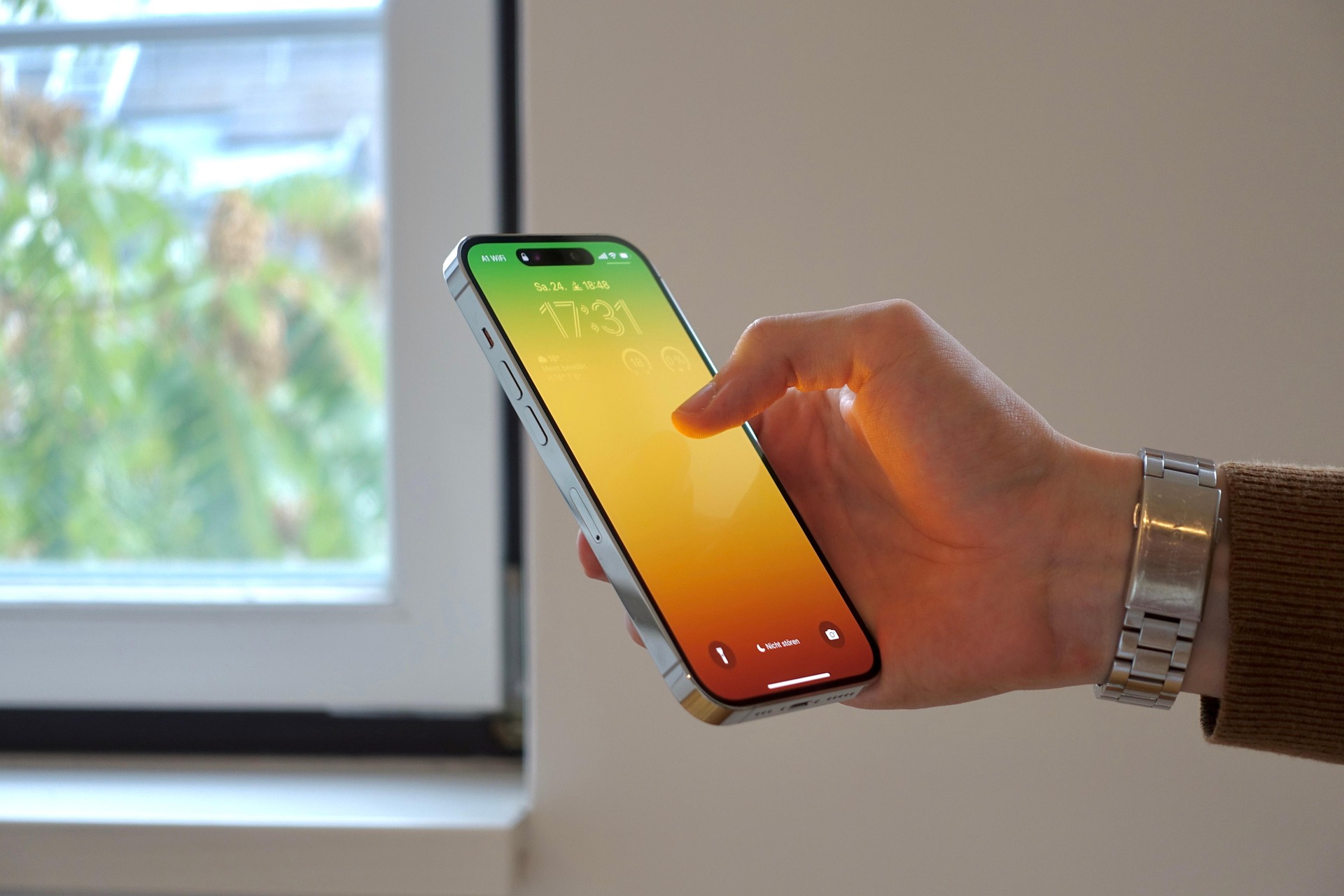Epic Games Store on Android proves that choice matters more than ever in mobile ecosystems.
Epic Games Takes a Stand: Why Android Users Now Have More Freedom Than iPhone Owners
To summarise, Epic Games is not solely focused on Fortnite dances and the release of blockbuster games. The company is rewriting the rules of mobile gaming—and Android users are reaping the rewards. After suing both Apple and Google over restrictive app distribution policies, Epic Games finally launched its store for Android devices. But here’s the kicker: Are there iPhone users outside the European Union? You’re still stuck in 2008, waiting at Apple’s gate.
Why does this matter? When a single company dominates the entire ecosystem, innovation stagnates, prices remain high, and users suffer. Epic Games’ bold move isn’t just about selling games; it’s about proving that competition drives progress. If you own an iPhone and are wondering why your device feels unusually limited, this story is for you. This story is for you.
Google Play Has Its Limits – And That’s Where Epic Steps In
Sure, the Google Play Store has millions of apps. But let’s be honest—finding quality games there feels like mining for gold with a plastic shovel. Google’s curation relies heavily on algorithms that prioritise paid promotions over creativity. As a result, hidden gems often drown in a sea of free-to-play junk.
Enter the Epic Games Store for Android. It’s like a breath of fresh air in a room full of dust. The platform highlights indie darlings and exclusive titles (like Figment and The Forest Quartet ) that never made it to Google Play. Better yet, Epic Games lures developers with sweet deals: 100% revenue share for the first six months, then an 88/12 split. Compare that to Apple’s infamous 30% cut, and suddenly, developers have a reason to celebrate.
Competition Isn’t Just Good – It’s Essential for Innovation
Let’s address the elephant in the room: monopolies stink. They stifle creativity, hike prices, and leave consumers with fewer choices. Apple’s App Store is a classic example. Outside the EU, Apple gates access to iOS apps so tightly that even sideloading (installing apps outside the official store) feels like hacking NASA.
But Epic Games is flipping the script. By offering Android users a vibrant alternative, they’ve sparked a chain reaction. Developers who once shrugged off mobile platforms are now considering them seriously thanks to better profit margins. Even Steam’s dominance on PC shows that healthy competition works: its recommendation engine, wishlists, and cross-platform purchases set a high bar Apple abandoned years ago when it axed the App Store wishlist.
Apple’s App Store: A Fortress or a Cage?
Apple argues that its walled garden keeps iOS secure. Apps must pass strict reviews, data privacy rules are enforced, and sandboxing limits what software can do. Sounds noble—until you realise the trade-offs.
For starters, Apple’s guidelines ban apps that “compete” with its services. Emulators? Once forbidden. Cross-platform purchases? Discouraged. Even rival payment systems face pressure. And while security is important, the Mac App Store coexists peacefully with Steam, Adobe, and others. Why can’t iOS?
Here’s the irony: Apple only relaxed its emulator ban in 2024 after EU regulators forced third-party stores onto iPhones. Talk about being dragged into the future!
What iOS Users Are Missing Out On (And How the EU Is Changing the Game)
If you’re an iPhone user in the EU, congratulations—you’ve dodged Apple’s monopoly bullet. Thanks to EU laws, alternative app stores like AltStore PAL now exist. These platforms let you install apps Apple would otherwise reject, from niche utilities to retro games.
But for the rest of the world? It’s a digital desert. There is no Epic Games Store, no SetApp alternatives, and no way to avoid Apple’s 30% tax unless you reside in Europe. And that’s a problem.
Consider this: Epic Games Store doesn’t just offer unique games. It’s a test case for what iOS could become. Imagine buying a Steam-quality game on your iPhone, syncing progress across devices, or supporting indie developers directly. Sounds futuristic? It’s already happening on Android.
- Third-Party Stores: The Key to Unlocking Creative Potential
- Let’s zoom out. This discussion isn’t just about games. Alternative app stores empower developers to experiment without fearing rejection. Want to launch a blockchain app? Bypass Apple’s crypto bans. Need a subscription model that doesn’t bleed profits? Build your own shopfront.
Epic Games’ playbook is simple: pay creators more, let users discover great content, and watch the ecosystem thrive. It worked for Steam. It’s working for Android. And it could work for iOS—if Apple wasn’t so determined to cling to control.
Even Apple knows this. The company recently introduced limited cross-buy options (like Assassin’s Creed Shadows playable on iPhone, iPad, and Mac). Small steps? Sure. But real change requires letting go of the illusion that controlling everything makes iOS “better”.
The Future of Mobile Gaming Looks Brighter With Choice
So, what’s next? Should history recur, Apple will continue to resist until global regulators exert pressure on it. However, the situation is beginning to change. Android users already enjoy the perks of the Epic Games Store. EU iPhone users have a taste of freedom. Where else does this freedom exist? Frustrated gamers wait for Apple to catch up.
The takeaway is clear: Epic Games isn’t just selling games—it’s fighting for a future where platforms compete to serve users, not lock them in. And if you care about mobile gaming’s potential, rooting for companies like Epic Games isn’t just smart. It’s necessary.
Final Thoughts: Will Your iPhone Ever Get an Epic Store?
Short answer: Maybe, but don’t hold your breath. Long-term, though, the pressure is mounting. As Android thrives with diverse app markets and the EU experiments with openness, Apple’s stance looks increasingly outdated.
Until then, Android users get to say, “We’ve got something you don’t”—and isn’t that a nice feeling?






